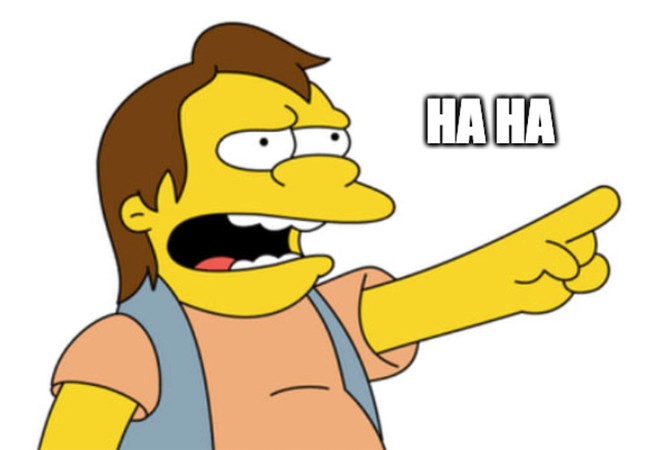ARTICLE AD BOX
BRUSSELS ― The European Parliament has toughened its rules on lobbying more than two years after a cash-for-influence scandal that triggered one of the largest corruption investigations to hit the EU.
From May 1, anyone entering the Parliament’s buildings to advocate on behalf of outside bodies has been forced to activate badges and register the purpose of their visit. The plan aims to keep tabs on who is talking to whom in the wake of what became known as “Qatargate” ― named after one of the countries linked to allegedly offering cash and gifts in return for favors.
“After Qatargate, we thought transparency is important,” Marc Angel, the MEP overseeing internal administrative matters, told POLITICO. “Especially when it comes to interested representatives, be it from the business side or NGOs,” it’s important “that we can see who they meet and why they come into the Parliament.”
With their official badges, lobbyists could previously enter the Parliament’s premises as they pleased, but now they’ll have to activate them every time they visit via a small terminal with badge readers at the entrances.
That will require them to declare whether they are meeting an MEP or staff member or attending a parliamentary meeting or event taking place in the building, according to an email sent to all accredited lobbyists circulated last month. Once their badge is activated, they will be able to use it to proceed via security and the general doors.
The information will be confidential and kept only by the security department. “In case there is an inquiry or a problem, there is a possibility to see who saw who, and get clarity and transparency,” Angel said.
Lawmakers had already been required to register their meetings with lobbyists on the Parliament’s website.
Integrity, independence and accountability
In December 2022, police launched a series of raids on properties and offices across Brussels, arrested suspects and seized bags of cash. The core allegations were that suspects linked to the Parliament had accepted money or gifts in exchange for doing the bidding of Qatar. Later it emerged that Morocco and Mauritania were also allegedly involved.
“These changes are part of a wide-ranging reform package adopted by the European Parliament over the past years to strengthen its integrity, independence, and accountability, while protecting the free mandate of MEPs,” a spokesperson for the Parliament said.
The move has drawn criticism from lobby groups, however, who see the additional checks as arduous with no good reason.
 The European Parliament has toughened its rules on lobbying. | Ronald Wittek/EPA
The European Parliament has toughened its rules on lobbying. | Ronald Wittek/EPAThe system “adds bureaucracy without benefit,” said Emma Brown, president of the Society of European Affairs Professionals. “Lobbyists are already thoroughly registered — daily activation and visit disclosures are a needless burden.”
The measure, agreed on by the Parliament’s leadership in March 2024, will also affect former MEPs and general visitors.
Sarah Wheaton contributed to this report.
.png)
 9 hours ago
1
9 hours ago
1








 English (US)
English (US)